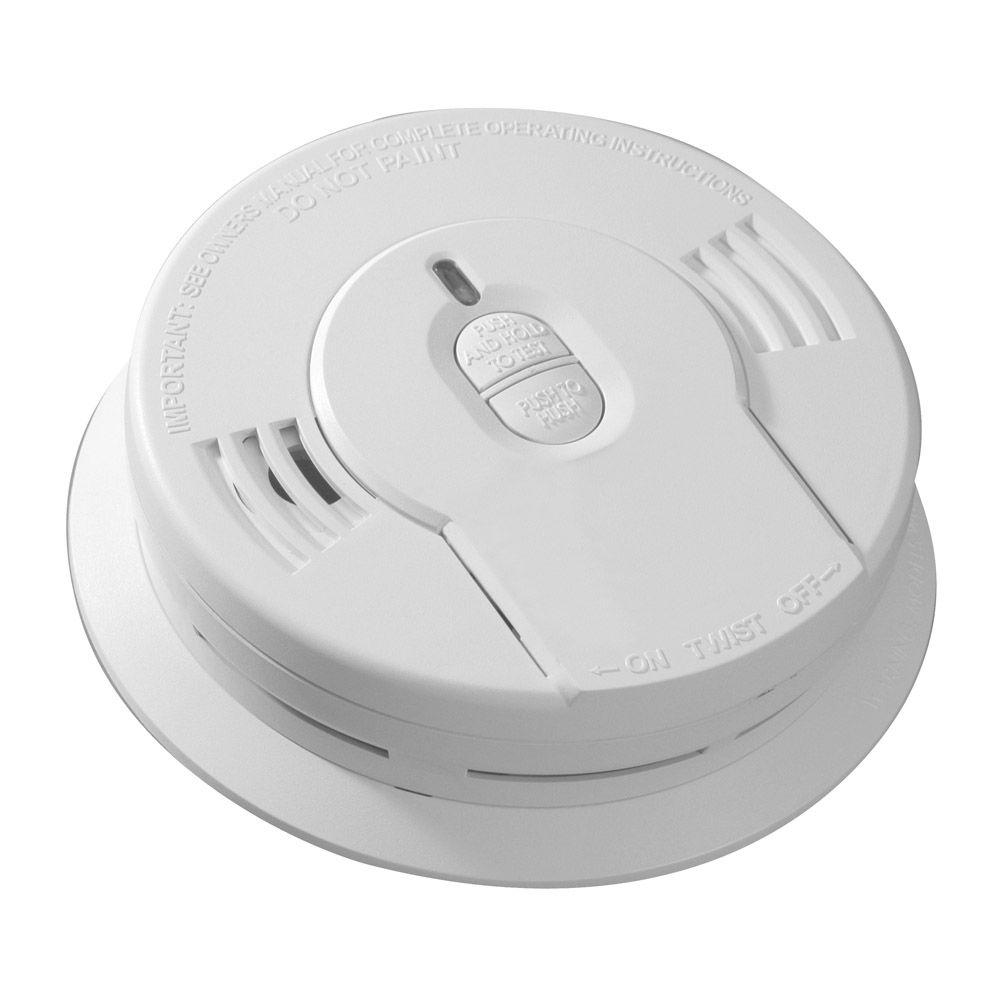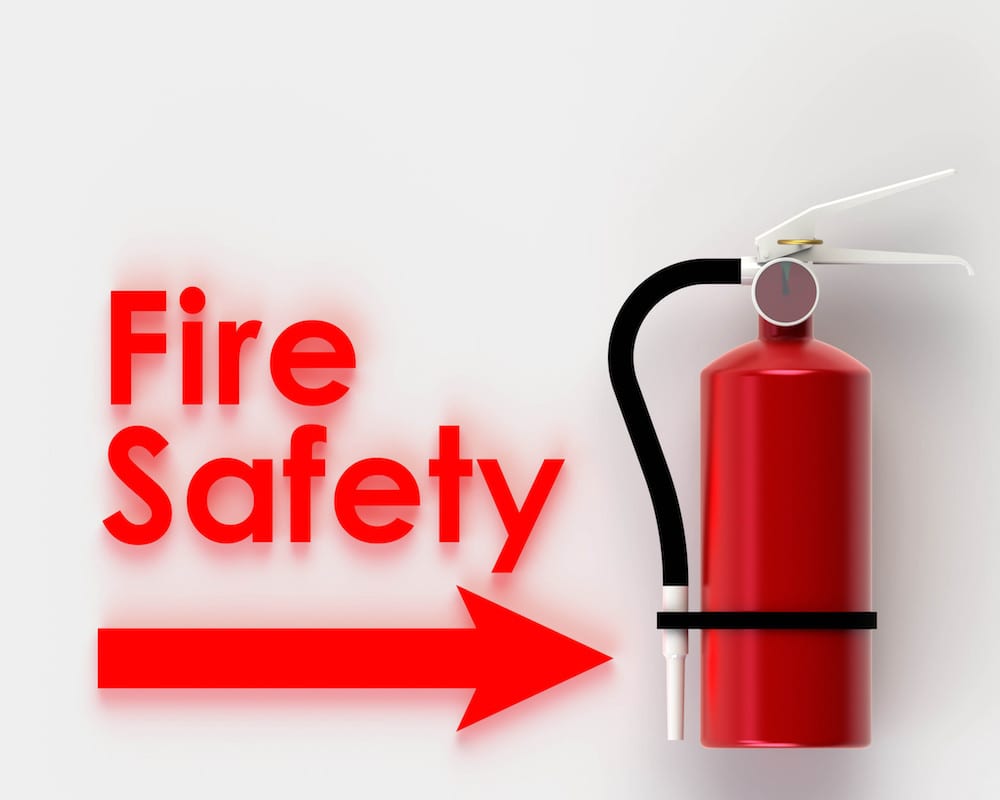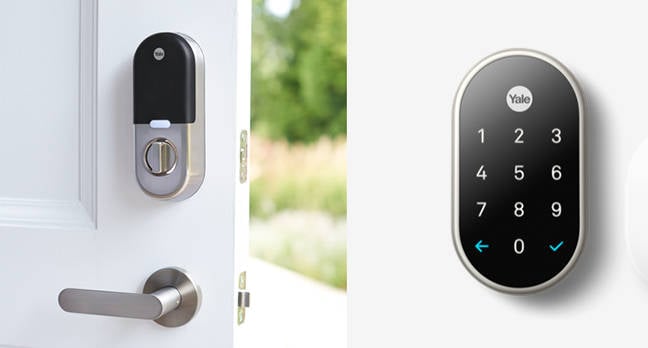1. SMOKE ALARMS
Owners must ensure that all properties are equipped with smoke detectors. The number of alarms may be appropriate for the size of the property, as prescribed in the Australian Building Code ("the Code"). Alarms must also function in accordance with Australian standard 3786-1993 and be correctly located according to the Code.
Each alarm must be tested and cleaned within 30 days prior to the start of a lease (including renewals).
Batteries worn out or known to be almost worn out must be replaced within 30 days prior to the start of a new lease or the start of a lease renewal period.
Alarms must be replaced before reaching the end of their useful life, usually indicated by the warranty.

2. SECURITY SWITCHES
Some, although not all states and territories impose on the owner the obligation to install safety switches for power outlets, lighting circuits and power circuits. These rules apply in various ways in Queensland and Western Australia, while other states and territories have their own specific recommendations or requirements. Sanctions may apply if safety switches are not installed. If in doubt, consult a licensed electrician about your obligations.
3. ELECTRICAL SAFETY
While residential lease requirements may vary from state to state or territory, in general, homeowners must take steps to ensure a level of electrical safety in the rental property.
All electrical work must be performed only by licensed persons.
Before leasing the property and accepting new tenants, the landlord must ensure that all appliances are in good working order. Dirty appliances must be cleaned according to the manufacturer's instructions. Defective appliances must be replaced.
Appliances and wiring should be checked to ensure that there is no damage to the wiring or housing.
For tenants, the following may apply:
Tenants must use the appliances in accordance with the manufacturer's instructions.
If repairs or maintenance are required, the tenant must allow the owner's electrician to access the repairs.
Tenants must report any failure to the owner or directly to the agent and avoid installing or removing any defective appliance.
Learn more about common electrical hazards in the home and how to be safe here.
4. FIRE SAFETY
The owners also have responsibilities regarding fire safety. While these may vary according to state / territorial legislation, in general, they are as follows.
The furniture must be fire resistant and smoke alarms installed in accordance with the regulations described above.
For corporate corporations or apartments with multiple occupations, homeowners may need to provide additional fire safety measures. For example, these may include fire blankets, fire extinguishers, emergency fire exits, fire doors and smoke detectors in common areas.

5. GAS SECURITY
While these may differ from state to state or territory, homeowners must also maintain an adequate level of gas safety. This may include keeping gas fittings, fireplaces and fireplaces in good condition. In Victoria, gas appliances must be repaired at least every two years.
Maintenance and installations must be performed by licensed gas installers. Any repairs must be done immediately and the appliances must be safe to use before re-renting the property.
6. BLINDS AND CORDS
It is recommended to include blind and curtain laces as part of your property verification. Owners should ensure that window covers with cables or similar hazards are in line with existing requirements. For example, in New South Wales, all blind cords may not be available to children due to the risk of strangulation. These rules apply whether or not tenants have children.
7. SWIMMING POOL BARRIERS
The owners Rivers should ensure that a pool or spa is properly fenced in accordance with local government construction laws and residential tenure laws. There are different state laws that describe the requirements for pool barriers. In WA, for example, pools that are more than 30 cm deep are required to have safety barriers.

8. WINDOW AND BALCONY SAFETY
The windows of the balconies must be provided with safety devices for windows that can withstand up to 25 kg of force, as well as a safety mechanism or lock for children. The owners have no obligation to control or enforce the use of window security devices, so it is up to the tenant to perform a physical inspection of the window security devices, as well as the condition of the balcony.
9. SECURITY AND LOCKS
The owner is responsible for the property having a reasonable level of security. What is considered reasonable varies in different situations.However, the owner has the obligation to ensure that the property meets the minimum safety standards specified in the regulations. Tenants can request the landlord's consent for any lock or security device that must be added or changed.

10. PROVIDE A PROPERTY CONDITION REPORT TO ALL NEW TENANTS
Before the start and end of the rental, the landlord must prepare a property condition report detailing the security and standard of each room on the rental property. The report should also include information about fixed appliances in the home. The report will inform the tenant that you meet the safety and inspection requirements, as well as maintain the property as it should be. Home
No comments:
Post a Comment